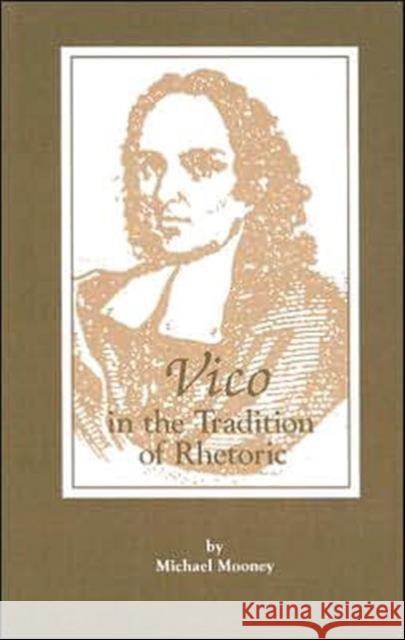Vico in the Tradition of Rhetoric » książka
Vico in the Tradition of Rhetoric
ISBN-13: 9781880393246 / Angielski / Twarda / 1995 / 342 str.
Vico in the Tradition of Rhetoric
ISBN-13: 9781880393246 / Angielski / Twarda / 1995 / 342 str.
(netto: 670,84 VAT: 5%)
Najniższa cena z 30 dni: 654,86
ok. 22 dni roboczych
Dostawa w 2026 r.
Darmowa dostawa!
If among the many truths of Giambattista Vico's New Science there is one that is deepest, it is the truth that language, mind, and society are but three modes of a common reality. In Vico's term, that reality is the monde civile, the world of man. It is a world of many guises and faces. If reflected in a mirror, those faces would reveal an image of the full array of contemporary arts and sciences, all the disciplines of learning and technique by which, so Vico judged, humanity attains its perfection. Humanity in its perfection, however, is so rare a moment, so delicate and subtle a state, that it is never to be found among the nations of the world -- or is found in so fragile a form that it threatens always to crack and fall to the ground.
In the West, a persistent line of thinking that has flourished from time to time holds that language is primary in culture, metaphor a necessity, and jurisprudence our highest achievement. This was the position of Vico, who not only received and cherished the tradition, but looked deeply into it, saw what its principles implied, and so made ready for the great social theorists of the nineteenth century. That is the thesis of this work. After an introductory chapter on Vico himself -- in which his intellectual world and his movements within it are sketched -- the work unfolds in three parts. These parts successively treat rhetoric, pedagogy, and culture, each proceeding from a major Vichian text.











